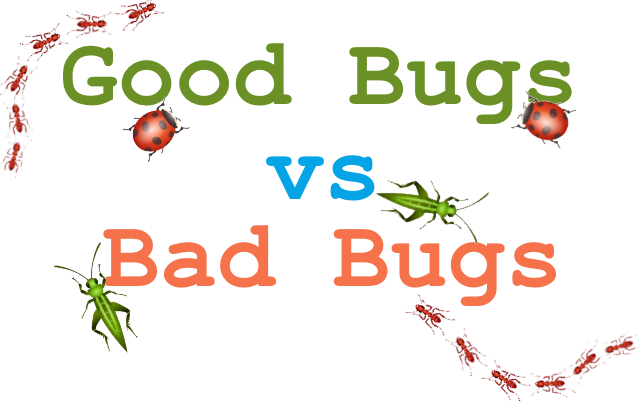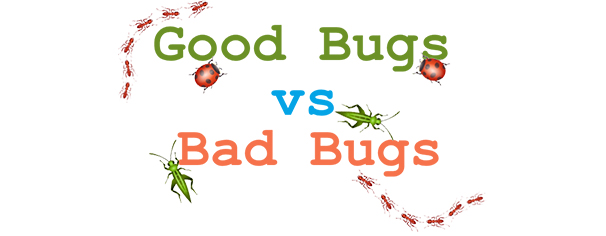We all know how important bees are to our gardens, but are there other beneficial insects that can help our plants? What is the secret to enticing them in, and is it really worth making the effort?
There are three simple things you can do to attract any beneficial insect. The first is not to use any pesticide. It’s quite obvious why pesticide is a repellent for any insect – even if the particular beneficial insect isn’t directly affected, often their food source won’t be present in a sprayed garden bed.

The second thing to do is to mulch generously. A well-mulched and -watered garden will protect earth dwellers during the day. Predatory beetles will be able to burrow under the ground cover and wait for night-time feeding. Rocks and pieces of bark left around the garden will also provide habitat for insects that are beneficial to soil health.
The third thing to do is to provide water. You could plant natural water receptacles such as bromeliads, also encouraging frogs into your garden. Otherwise, you could provide a small dish – but remember to refill it regularly so beneficial insects won’t need to leave your garden for water.
There are many beneficial insects you could invite into your raised garden bed. For example, ladybugs’ favourite kind of food is sap suckers like aphids, scale insects and thrips. If you plant marigolds, coriander, dill and fennel, you will attract ladybugs. Also, leave your dandelions to grow because they love to eat dandelion pollen.
Lacewings have long bodies and teardrop-shaped wings that give them their name. The larvae of the lacewing will eat spider mites, eggs of other insects, caterpillars and aphids, and even each other if there is nothing else to eat. The adult lacewing only feeds on nectar and pollen, so serves a second function in the reproduction of your plants. All the plants that attract ladybugs also attract lacewings.
If you find a grey ‘honeycomb’-shaped wasp’s nest, you’ve got the predatory native paper wasp on the job in your garden. Paper wasps are not aggressive and will only sting if their nest is attacked. If you can manage to preserve the nest, you’ll have fewer caterpillars in your garden, because the adult paper wasp feeds them to their larvae.
 US
US UK
UK NZ
NZ SA
SA DE
DE
